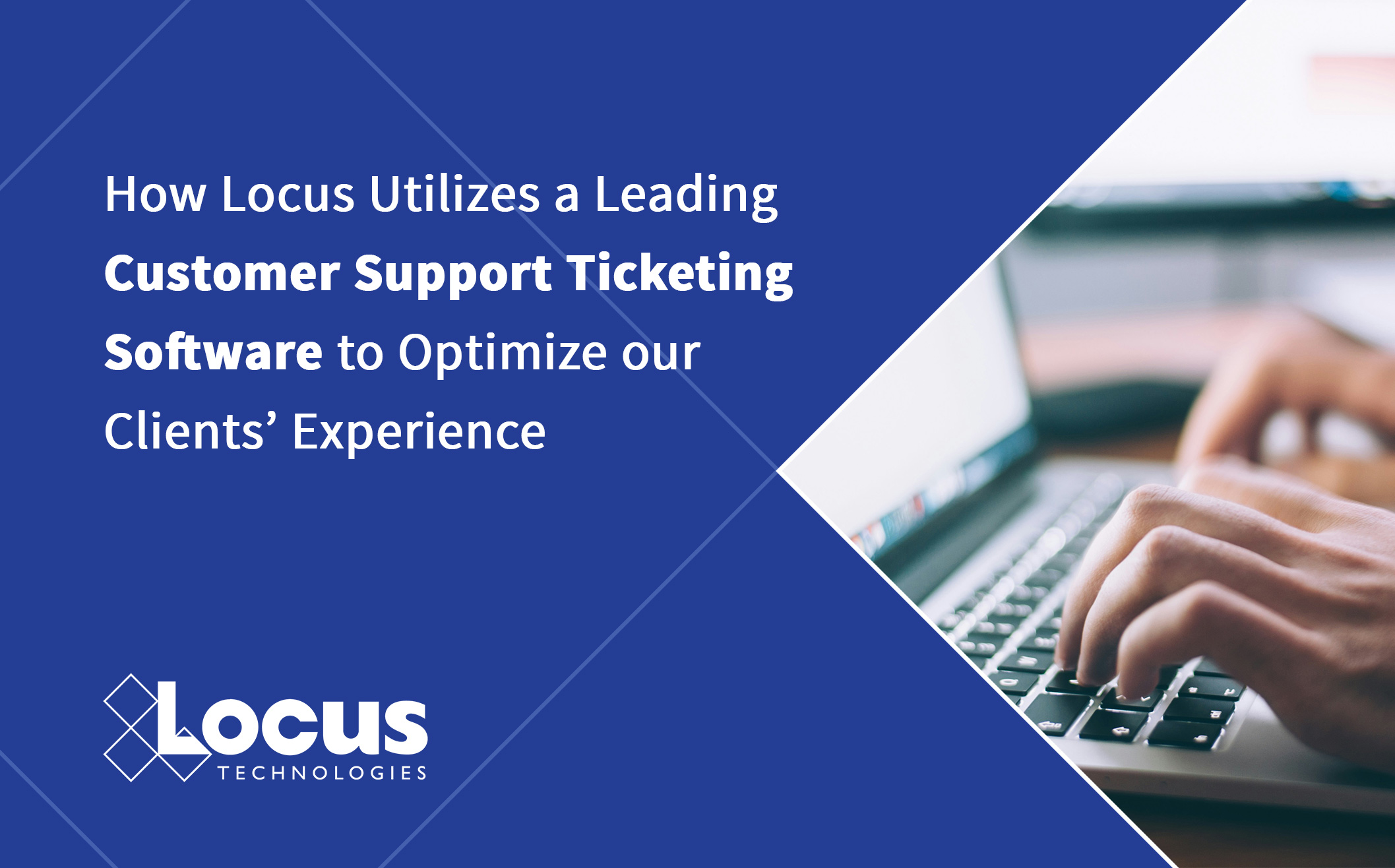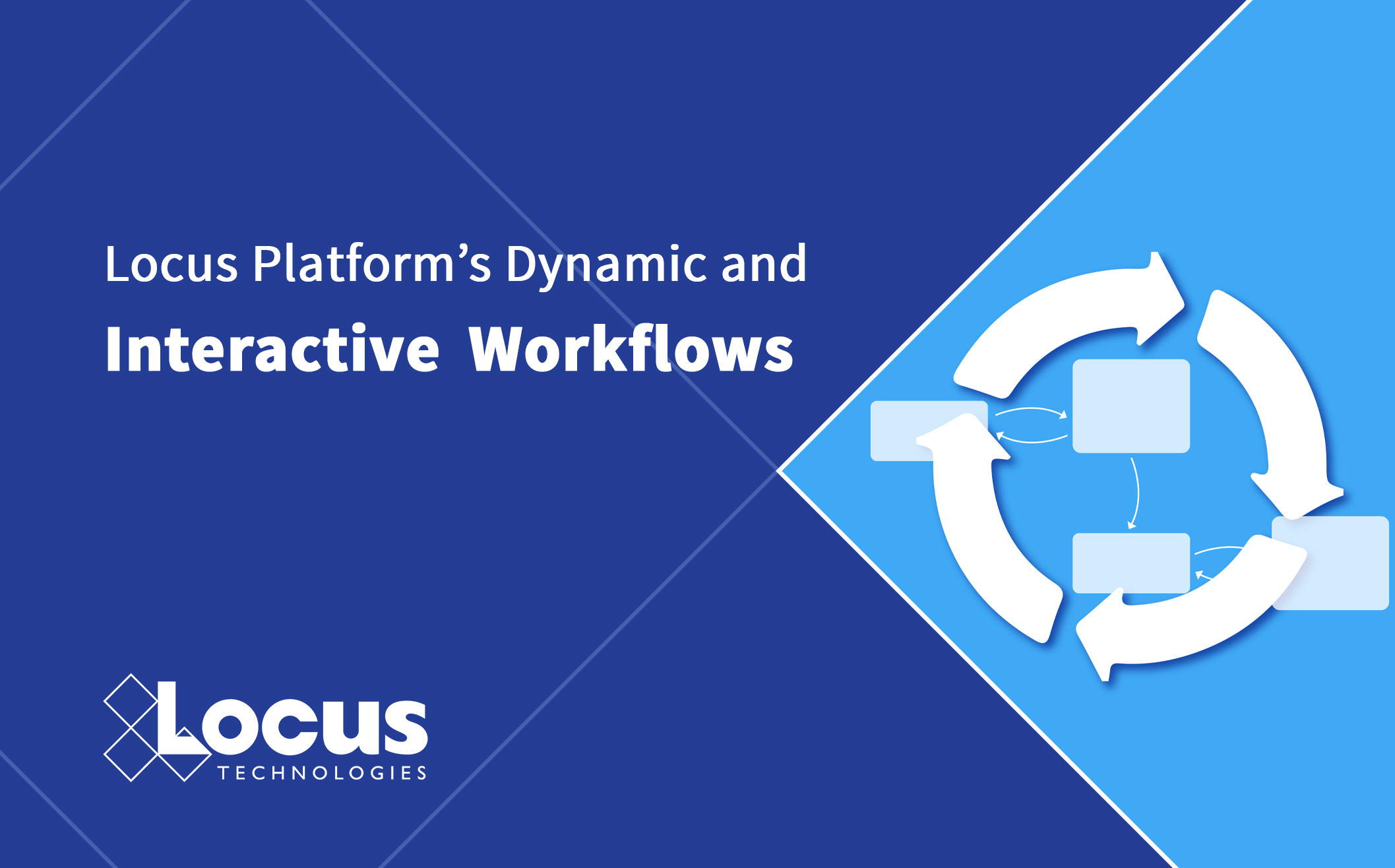
In the fast-paced world of software development, managing technical debt is not just a necessity; it is an essential investment for the long-term sustainability and success of any project. A common source of technical debt is maintaining legacy code, where that code includes the usage of outdated technologies. The long-term implications of not addressing this debt can be detrimental—resulting in increased maintenance costs, greater potential for bugs, and reduced developer productivity. Developers spend more time troubleshooting issues rather than focusing on innovation and new features. This can lead to frustration within teams and a slowdown in overall progress.
One of the most pronounced examples of technical debt in the Apple iOS ecosystem is the reliance on Objective-C, a language that, while powerful, is starting to show its age. With the introduction of Swift, Apple’s modern programming language, many companies, including Locus, are making the pivotal choice to migrate their codebases. This transition not only enhances code maintainability but also opens up a myriad of opportunities for improved performance and security for Locus clients.
Why Locus Upgraded from Objective-C to Swift
Swift was designed to be safer, more modern, and more efficient than Objective-C. Many software companies ignore their technical debt and continue with Objective-C, but Locus made the decision to switch. Here are a few reasons why:
- Enhanced Performance: Swift is built to be faster than Objective-C, allowing developers to create applications that run smoothly even under heavy loads. This improvement in performance is crucial as apps continue to grow in complexity.
- Improved Safety: Swift includes modern programming concepts that help reduce common programming errors, such as null pointer exceptions. This means fewer crashes and a more reliable user experience.
- Cleaner Syntax: The syntax of Swift is more straightforward and expressive. This leads to cleaner, more readable code, making it easier for new developers to onboard and for existing team members to maintain the codebase.
- Active Community Support: Swift has gained significant traction within the developer community, meaning ample resources, libraries, and tools are available. This vibrant ecosystem can expedite the development process and provide support for overcoming challenges.
- Futureproofing: With Apple’s continued investment in Swift, it is poised to become the primary language for iOS development. Upgrading not only aligns Locus software with Apple’s vision but also ensures that our clients remain supported in the fast-moving tech landscape.
A Win-Win-Win for Locus, Our Teams, and Our Clients
For Locus, investing in an upgrade from Objective-C to Swift was not merely a technical decision; it was a strategic business move. The costs associated with continued maintenance of legacy code and the potential for lost users due to poor performance must be weighed against the upfront investment of transitioning to a more modern programming language.
Our investment in Swift means our teams can develop higher quality apps, which can lead to increased user satisfaction and lower support costs. We also understand that top talent prefers to work with modern languages, and by transitioning to Swift, Locus has been able to continue attracting the best software developers to create industry-leading products. With such a win-win-win, we are happy to pay that technical debt.
For more insights and support on software development practices, feel free to reach out at info@locustec.com or visit us at https://www.locustec.com.
Locus is the only self-funded water, air, soil, biological, energy, and waste EHS software company that is still owned and managed by its founder. The brightest minds in environmental science, embodied carbon, CO2 emissions, refrigerants, and PFAS hang their hats at Locus, and they’ve helped us to become a market leader in EHS software. Every client-facing employee at Locus has an advanced degree in science or professional EHS experience, and they incubate new ideas every day – such as how machine learning, AI, blockchain, and the Internet of Things will up the ante for EHS software, ESG, and sustainability.



